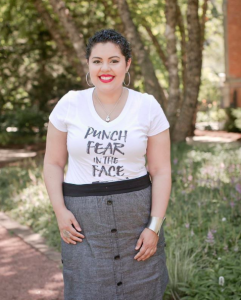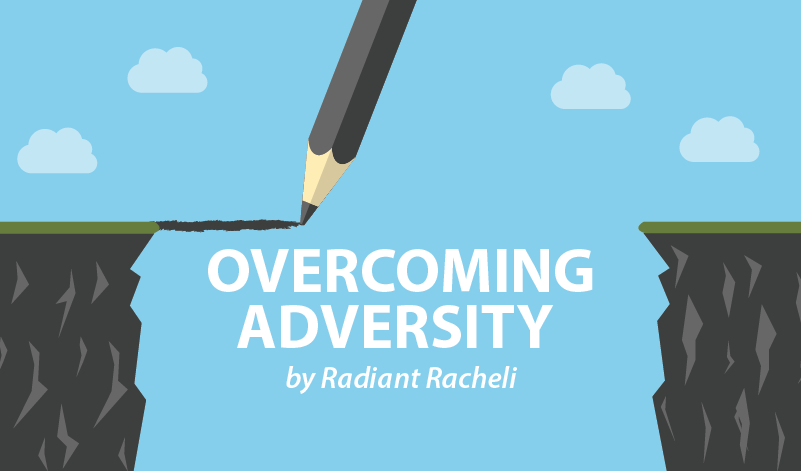As a two-year cancer survivor, I have had the heartbreak of experiencing the loss of fellow cancer patients, including my own grandfather. Since being diagnosed with cancer, loss of life hits a little harder and I seem to experience what is called “survivor’s guilt.”
In previous columns, I’ve spoken of some long-term side effects that present themselves in my life after cancer, such as PTSD. Along with PTSD comes the experience of survivor’s guilt, which was previously a classified diagnosis in the “Diagnostic and Statistical Manual of Mental Disorders” (DSM), but is now considered a symptom of PTSD.
In life outside of cancer and illness, survivor’s guilt is usually referenced when speaking of survivors of war, natural disasters, and other acts of violence, among other things. Webster defines it as “a deep feeling of guilt often experienced by those who have survived some catastrophe that took the lives of many others.” It “derives in part from a feeling that they did not do enough to save the others who perished and in part from feelings of being unworthy relative to those who died.” Whether logical or not, the feelings of guilt and grief that one could have prevented a death or feelings of unworthiness to have had the privilege of surviving is not always rational.
Kimarie Knowles, a clinical social worker at Memorial Sloan Kettering Cancer Center, says, “The feelings of powerlessness or helplessness that can be triggered in the face of illness are overwhelming. Guilt can be a way to protect us from those feelings, because it’s something we feel we can control.”

Personally, this guilt of surviving is not always with me. I do not feel its presence day-to-day. When guilt does present itself, I am usually triggered by another death of someone who passed away from cancer. The first time I truly experienced survivor’s guilt was when my grandfather was passing away. We went through treatment for cancer at the same time, and as I was declared in full remission, he was told that his cancer was spreading. Ultimately, in July 2016, I sat next to him as he took his last breaths, and I couldn’t help but wonder why I got to survive this disease while the chemo didn’t do its job for him. Again, it’s not always a rational experience, and these questions of guilt often form through grief for us survivors.

A fellow young adult cancer thriver, diagnosed with metastatic breast cancer, recently passed on from our physical earth. Her name is Melissa Tang, and she created an entire clothing company to spread hope to other cancer thrivers. Melissa, like me, is a young adult who documented her experience with cancer on the internet. Her recent passing significantly triggered the guilt in me — especially since we were around the same age and both chose positivity in our journey. Melissa is an inspiration, and her heart and soul will live on through the thousands of followers and lives she’s touched. Her memory is a constant reminder to “punch fear in the face.”
I realize that people pass away from cancer every day. Why some live and some don’t is still beyond me. Why some respond to treatment and some don’t is a question I sometimes doze off to as I daydream about cures and FDA-approved treatments. But we can’t get stuck on the “whys.”
In the meantime, I believe that we survivors will have to thrive through this guilt in the most graceful way possible. We must first acknowledge these feelings and remember that we are not alone in this. Use this guilt. Choose to live your life in honor of those whom you grieve and become a positive force on this earth while you still can. Take advantage of the ability to feel the guilt and overcome it with a positive action to better this pain and do something meaningful.
Have you experienced survivor’s guilt? Let me know in the comments below!
***
Note: Lymphoma News Today is strictly a news and information website about the disease. It does not provide medical advice, diagnosis, or treatment. This content is not intended to be a substitute for professional medical advice, diagnosis, or treatment. Always seek the advice of your physician or other qualified health provider with any questions you may have regarding a medical condition. Never disregard professional medical advice or delay in seeking it because of something you have read on this website. The opinions expressed in this column are not those of Lymphoma News Today, or its parent company, BioNews Services, and are intended to spark discussion about issues pertaining to lymphoma.



